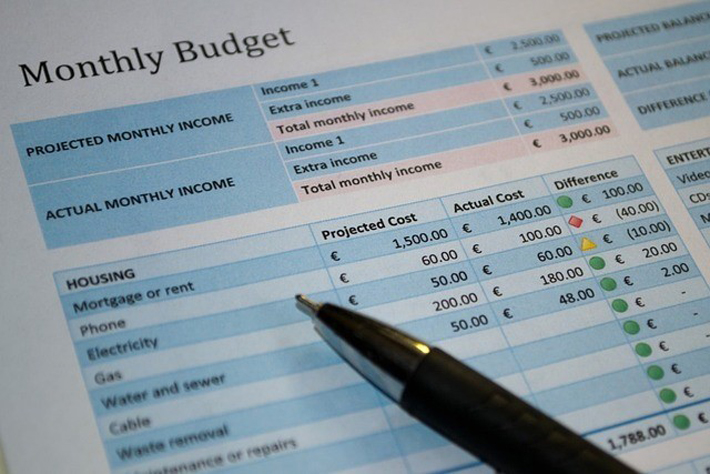Inflation Set to Fall in 2023

In 2022, inflation rose to a record high of 11.1% and now sits at around 10%. Here we will look at the outlook for inflation in 2023 and what practical steps can help us cope with the rising cost of living.
Cost of Living Outlook for 2023
This year, inflation in the United Kingdom reached a 40-year high, and interest rates sat at the highest level in 14 years. The Office for National Statistics tracks the Consumer Price Index, which is the average cost for a basket of goods and services, to calculate the national inflation rate. There is some optimism as the inflation rate fell from 11.1% to 10.7% in November.
On top of this rising inflation, interest rate hikes have impacted mortgage repayments, and the ongoing geo-political situation has led to fuel price increases. An announcement regarding interest rates is set for February 2nd, 2023, with some speculation that they may rise even further than the current rate of 3.5%.
The Bank of England has said that it expects inflation to slow down in 2023. Although this is, of course, positive news, the average consumer may not feel the benefits for some time. The cost of living may continue to be unpredictable in the coming year, with continuing energy price increases and wages struggling to keep up with prices.
The most obvious way to handle the rising cost of living is to reduce your spending in the coming year. Firstly, honestly examine what you are spending, which means creating a comprehensive budget. Prioritise non-negotiable items, such as mortgage, bills and other payments, and then you can deal with negotiable spending.
Dealing with the rising cost of living
The impacts of rising inflation and interest rates are out of our control, but you can regain some power by implementing some of these practical steps.
Review Banking
Likely your biggest monthly outgoing is your mortgage. The average mortgage repayments increased by between £80-£125 in the past year, which is a big dent in any household budget. Start by reviewing your current mortgage plan and other banking uses, such as credit cards and overdrafts. If possible, and you are not on a fixed rate, evaluate your mortgage options by shopping around with different brokers.
Taking steps to reduce the interest you pay will help offset the rising cost of living. As such, it may be appropriate to consider looking at alternative banking providers. There are now several types of bank accounts to choose from. Many are offering guidance and support to their customers to answer queries or help with the rising cost of living. For example, some banks provide cash-back incentives to sign up or overdraft facilities. By doing some market research to see what’s on offer, you may find a more competitive alternative.
Get Help
The rising cost of living, especially going into the winter months, can take its toll on us mentally and financially. Thankfully, many incentives and schemes are being offered to help us through this challenging time, for example, Pension Credit, Attendance Allowance and Winter Fuel Payments. Don’t be afraid to make the most of any assistance available.
Debt can be one of the most stressful things to deal with, don’t try to cope alone. Reach out to your bank or a debt management service like MoneyHelpers. They can help you first come up with a plan of how to make any debt manageable, and being able to speak with someone will significantly reduce stress.
Implementing these practical and easy-to-manage steps could significantly reduce the pressure of the rising cost of living. You will be surprised how just a few changes make a big difference to your monthly budget.










